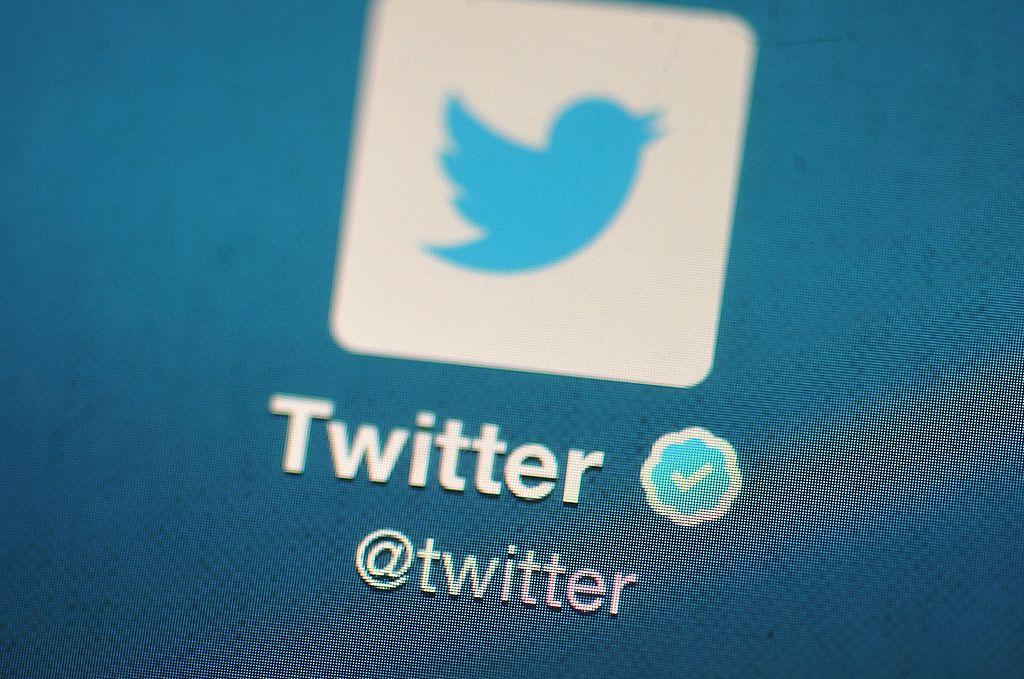A federal judge has blocked Twitter from revealing surveillance requests it received from the federal government, accepting the government’s argument that the disclosures would likely lead to harm to national security.
Twitter had sued the Justice Department in 2014 in order to be allowed to publish in its “Draft Transparency Report” the surveillance requests it received. The platform argued that the prohibition violated its First Amendment free speech rights.




